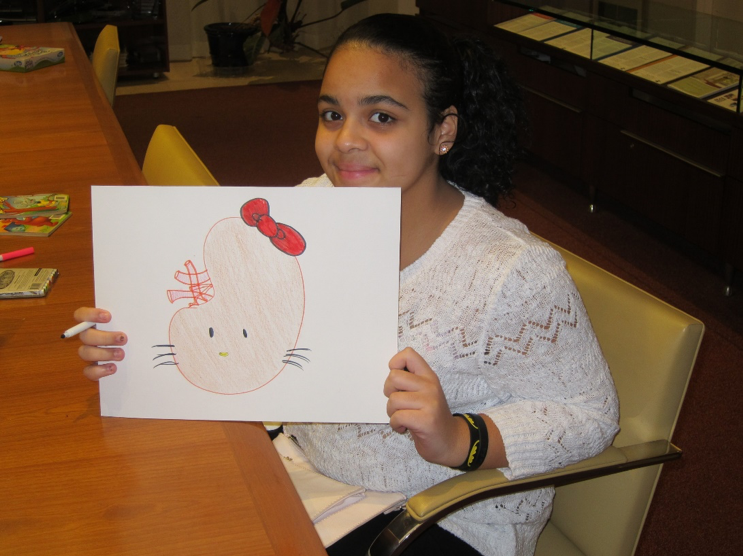The Pediatric Transplant Program at Weill Cornell Medicine and NewYork-Presbyterian has been a national leader in the innovative and advanced programs that have resulted in the expansion of opportunities for transplantation. Some of these strategies are described below.
By applying new surgical techniques and approaches to expand the donor pool, the Center for Pediatric Transplant and Advanced Kidney and Urologic Diseases continues to make strides in pediatric kidney transplantation.
An active Living Donor Program enables the Center to offer pre-emptive kidney transplantation (transplant prior to needing dialysis).
For families with a willing but blood type incompatible living donor, the recipient and donor have the opportunity to enter a donor exchange program.
At Weill Cornell Medicine and NewYork-Presbyterian, we partner with the National Kidney Registry. The recipient and donor are entered into a database and are matched throughout the United States with other incompatible donor and recipient pairs at other participating transplant centers.
When suitable matches are found, the kidney from the donor that matches the recipient is sent to our transplant center for the transplant. The incompatible donor donates to the person in the exchange program for whom they are the best match. Compatible donor/recipient pairs can also participate in donor exchange to seek a better genetic or age-matched transplant.
A kidney paired exchange separated in time. Grandparents and Parents who are willing to donate in advance prior to their child needing a transplant are encouraged to participate in the Voucher Program. This is another innovative way to maximize transplant opportunities through donor exchange.
Case Examples:
Both types of ADP cases allow donors to donate their kidney before their intended recipient receives a kidney. The value is when the child needs either a first transplant or a repeat transplant, a best of kind living donor will be available to them. The availability of living donor will be guaranteed with participation in the advanced donation program.
At Weill Cornell Medicine, we always strive to do more for our patients. Our pediatric nephrologists are involved in research projects to help improve outcomes in children with chronic kidney disease as well as kidney transplants.
Dr. Juhi Kumar is the Principal Investigator of one of the largest multicenter studies in North America for pediatric kidney transplant recipients. This study is being done with Dr. Suthanthiran, Stanton Griffis Distinguished Professor of Medicine at Weill Cornell Medicine and her colleagues at the Children’s Hospital of Philadelphia. The “Validating Injury to the Renal Transplant Using Urinary Signatures in Children” (VIRTUUS) study, aims to validate known urinary biomarkers of allograft injury in adults in pediatric kidney transplant recipients. These markers if validated in pediatric patients will enable us to non-invasively monitor for and manage allograft dysfunction sooner in kidney transplant recipients.
